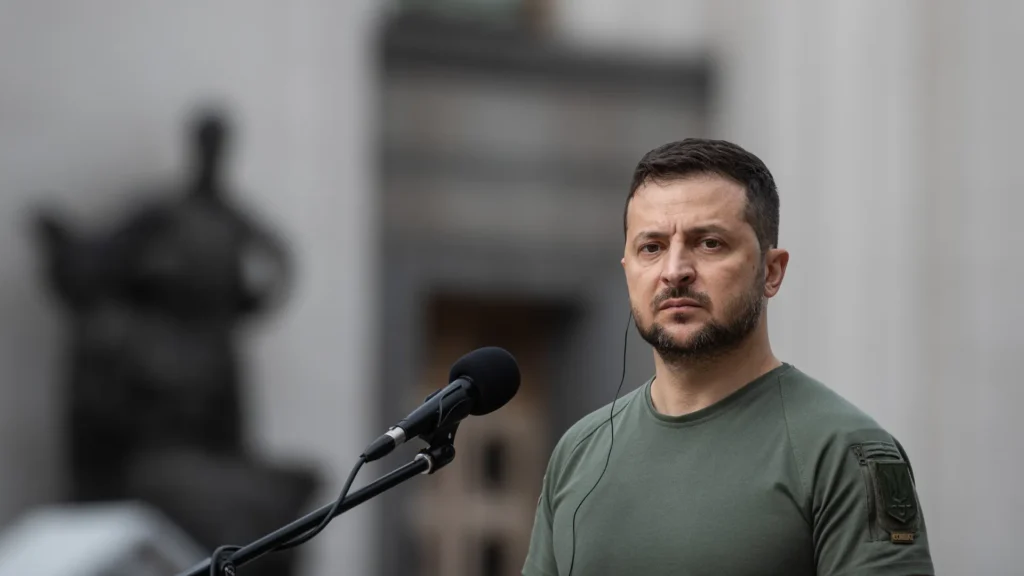On Friday, U.S. President Donald Trump is set to meet Russian President Vladimir Putin in Alaska for high-stakes talks aimed at ending the war in Ukraine. The summit, likely to involve discussions on potential territorial concessions, has attracted intense interest from European leaders yet neither Ukraine nor Europe has a confirmed seat at the table.
While Kyiv fears any concessions would embolden Moscow, Europe is equally alarmed at the prospect of borders being redrawn by force. “Brace ourselves for some pretty outrageous Russian demands,” cautioned Lord Simon McDonald, former head of the UK Foreign Office, warning that Putin could request terms few would accept “with the possible exception of Donald Trump.”
Ukrainian President Volodymyr Zelensky has consistently rejected proposals to cede territory or freeze the conflict along current front lines, arguing that such moves would only accelerate Russian aggression. EU foreign policy chief Kaja Kallas echoed this stance, stressing that rewarding an aggressor would invite further conflict globally.
Trump has hinted that Zelensky could attend, but Kyiv and European leaders want a firm commitment. For now, the summit remains a one-on-one format a Kremlin proposal that the White House has endorsed raising concerns about how Ukraine’s position will be defended if its leader is absent.
In Brussels, the impending talks have disrupted the usual August political lull. On Monday, Kallas hosted a virtual meeting of EU foreign ministers, who called for an unconditional ceasefire before any deal and announced new sanctions against Moscow. Still, Europe has been unable to reverse the U.S. decision, made when Trump returned to office, to exclude the bloc from direct peace negotiations.
German Chancellor Friedrich Merz has arranged a remote meeting between European leaders, Zelensky, and Trump on Wednesday in hopes of influencing U.S. plans. Yet expectations for a last-minute invitation to Friday’s Alaska summit remain low.
“This is a matter of existential European security interest,” said Polish Foreign Minister Radoslaw Sikorski, adding that Europe would take its own decisions if necessary. Lord McDonald remains cautious: “The meeting is a milestone, but it doesn’t actually mean it will lead anywhere.”
For now, Europe watches from the sidelines, hoping that Ukraine’s voice — if not its own — will be heard in Alaska.

